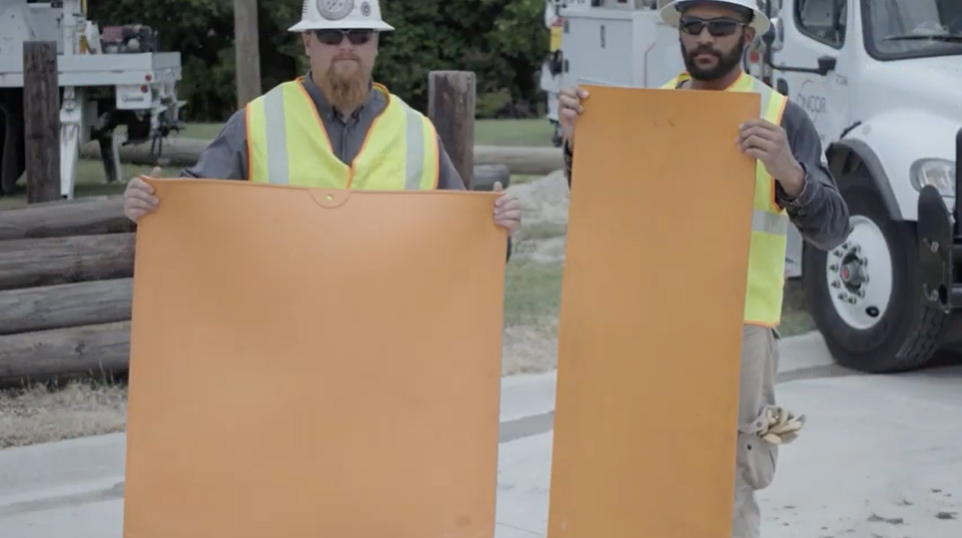-
Contact Us
-
General Inquiries/Service Requests:
- 888.313.6862
-
contactcenter@oncor.com
-
(Mon.-Fri., 8 a.m.-6 p.m. Central Time)
-
For Outages
- 888.313.4747
-
(24/7)
Oncor collaborates with utilities across the country to help raise awareness about common imposter utility scams.
As part of its membership with Utilities United Against Scams (UUAS), Oncor works with a coalition of electric, water and natural gas companies across the U.S. and Canada year-round to monitor common scam attempts and educate individuals on how to protect themselves.
In the past, some customers in Oncor’s service territory have been approached or contacted by impostors. These imposters are thieves trying to scam customers into giving them money. They falsely represent themselves as Oncor employees to collect money or credit card information and may imply that the customer’s electric service will be disconnected if they do not pay.
However, while Oncor delivers electricity to more than 13 million Texans, it is not a retailer and does not sell the electricity directly to customers. No Oncor employee will ever stop by your home to collect a payment, nor will they ask you via phone, text, in-person or online for credit card information.
“It should be a red flag to customers if someone contacts them by phone or in person requesting payment,” said Oncor Director of Corporate Security Jim Stockton. “You can call Oncor (888.313.6862) to confirm an employee’s identity, but if you fear for your safety, call 911 immediately. Do not let a stranger into your house or go anywhere with them. We take imposters very seriously and will work in tandem with local law enforcement to investigate and prosecute anyone who violates the law and the public’s trust.”
RED FLAGS: WHAT TO LOOK FOR
Scammers from all over the country generally use similar tactics and methods when impersonating a utility. You can protect yourself by being familiar with those tactics and knowing what to look out for:
- Threat to disconnect: Scammers may aggressively tell a customer their utility bill is past due and service will be disconnected if a payment is not made immediately.
- Request immediate payment: The imposter may instruct a customer to provide credit card information or quickly buy a prepaid debit card for immediate bill payment to their utility.
- Request for prepaid debit card information: When the customer returns the scammer’s call, the scammer will ask the customer for the prepaid debit card’s number, which grants the scammer instant access to the funds.
- Request for payment via cryptocurrency: As it becomes more popular, scammers may request payment via popular digital currencies - such as Bitcoin.
WAYS TO PROTECT YOURSELF
- Do not give out credit card information or purchase prepaid cards: Oncor will never ask to collect money to avoid service disconnection or shutoff. If someone threatens immediate disconnection or shutoff of service, customers should hang up the phone, delete the email or text, or shut the door.
- Be wary when a stranger comes to your home: Oncor representatives do not need to enter your home for any reason, especially to perform work. If someone claims to work for Oncor and tries to enter your home, do not let them in. Call 911 if you fear for your safety.
- Always ask for photo identification: Oncor employees and authorized contractors performing work for Oncor will always carry company identification, and wear company uniforms and drive company vehicles. Even if you are expecting an Oncor representative to perform some type of service at your property, always request and verify identification.
- Verify online information: When using internet search engines, make sure you’re visiting official websites. Scammers may use fraudulent phone numbers or websites as a way to get in contact with customers.
For more information about UUAS, click here.








